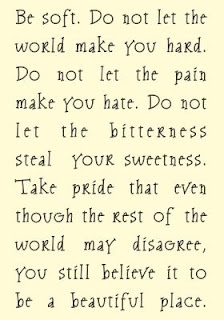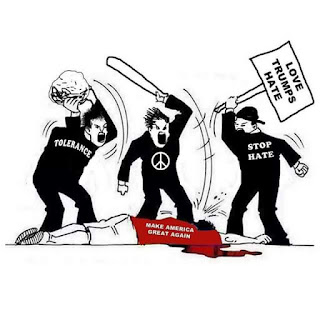When US stock market sneezes, Asia gets a big flu... nastier selloff vs US https://t.co/O30yMGY0kb via @WSJ— Min Zeng (@minzengwsj) February 9, 2018
The Wall Street Journal
written by Steven Russolillo
Friday February 9, 2018
The stock market rout that started in the U.S. has spread to Asia, leaving many indexes deep in correction territory.
While the Dow Jones Industrial Average and S&P 500 are down 10% from last month’s highs, the declines have been even steeper for stock benchmarks in Japan, China and Hong Kong.
All three Asian indexes are down for the year—just like their American counterparts.
“This is a powerful market selloff,” said Chris Rupkey, chief financial economist at financial firm Mitsubishi UFJ Financial Group “The era of low interest rates is at an end which means the proverbial punch in the punch bowl is leaving the party.”
China’s Shanghai Composite fell more than 4% in Friday trading, on track for its worst one-day drop since Aug. 2015. It is down 14% from last month’s high.
Japan’s Nikkei 225 Stock Average has also slumped 14% from its late January peak.
The Nikkei, in particular, had enjoyed a stunning move higher late last year that spilled into the beginning of the year. That included a stretch in October that saw it rise for 16 straight days—its longest ever consecutive streak of gains.
The Nikkei rose 25% from September through Jan. 23. But the selloff of the past two weeks has erased about half those gains.
And in Hong Kong, the benchmark Hang Seng index is down 11% from last month’s high, dragged lower by index heavyweight Tencent Holdings’s 14% decline.
The silver lining—if there is such a thing in steep market declines—is that markets around the world have gotten cheaper than they were two weeks ago.
By traditional valuation metrics, Asian stocks look like much more of a bargain than the U.S. market.
The Hang Seng trades at 12.4 times projected earnings over the next 12 months and Nikkei trades at 16 times projected earnings, according to FactSet. Both multiples are cheaper than their respective averages over the past year.
Korea is holding up better than most. The benchmark Kospi index is down 8.9% from last month’s high. It also trades at just 8.9 times projected earnings, its cheapest multiple since Aug. 2013.
By comparison, the S&P 500 still trades at 17 times projected earnings. While that’s its lowest since Dec. 2016, it’s still well above its long-term historical average.






































No comments:
Post a Comment